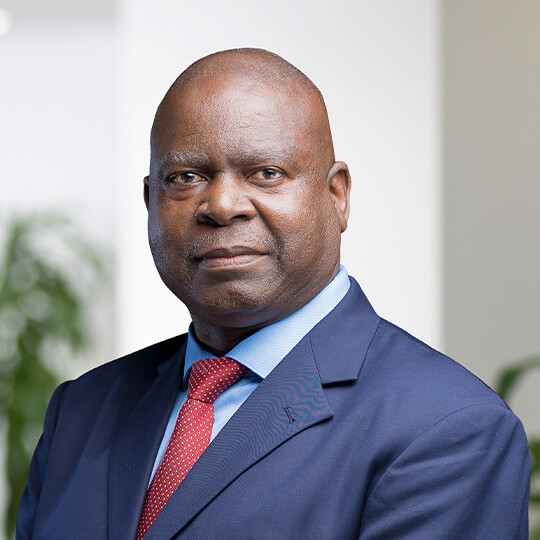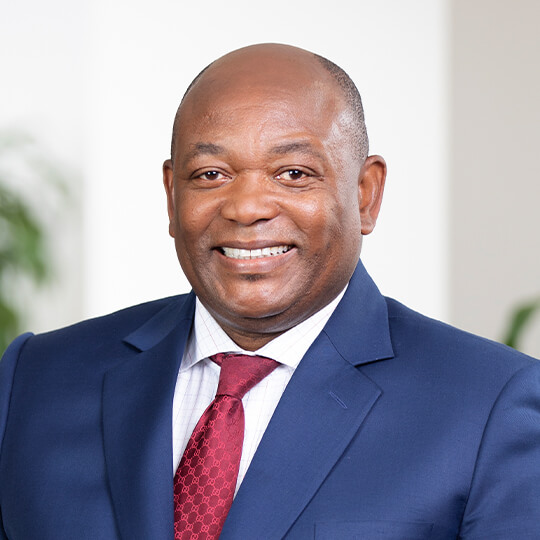IYASA dance group entertains Econet Vic Falls Marathon participants
Popular Bulawayo-based dance group IYASA wowed local and international athletes and their families and friends at the just-ended 2024 Econet Victoria Falls Marathon.
The award-winning dance group exhibited boundless energy, artistry and passion as they entertained visitors on arrival at Victoria Falls International Airport, during the marathon and after the event.
This year’s marathon, which took place on Sunday July 7, attracted over 5 200 participants from across the world, including runners from as far afield as the United States, Australia, the United Kingdom, Saudi Arabia, Colombia, Germany and India, demonstrating its growing international appeal.
A spokesperson for IYASA said the dance group was delighted to take part in a national event that had now taken on international significance.
“Performing at the Econet Vic Falls Marathon, welcoming and meeting so many people from around the world and getting to interact and entertain them, was a most amazing experience,” said Mercy Kayumba, a member and spokesperson of the dance group.
“This Marathon is such a big event that the hype is impossible to ignore. So just being a part of it was incredibly exciting for the IYASA group,” she said.
“This time around, we did activations leading to the marathon and had our team at various water points during the actual marathon. It was an opportunity for our team, especially the younger ones, to grow their art and be more versatile,” Kayumba said, explaining their involvement with Econet well before the marathon.
The group’s dancers performed at various water points along the marathon race routes, transmitting some much-needed energy and motivation to the runners, and displaying the typical cultural richness that one only experiences in Africa.
The IYASA spokesperson said the Econet Vic Falls Marathon offered them a unique platform to showcase the group’s versatility, after spending nearly seven days interacting with the company staff and marathon participants in the resort town.
“Participating in something different like the Econet Victoria Falls Marathon really pushed our group to grow as artistes, because they were not just performing on stage, but literary everywhere,” she added.
IYASA, which stands for ‘Inkululeko Yabatsha School of Arts’, is a Bulawayo-based arts institution.
The group, which has toured several countries around the world – including France, Spain and Australia, among others – has won multiple local and international awards since it was founded over 20 years ago.
Reflecting on the magnitude of the Econet Victoria Falls Marathon event, Kayumba lauded Econet’s efforts in hosting the marathon.
“Sometimes we underestimate how big this marathon is. Credit to Econet for holding such a successful event annually. It never gets watered down, but actually gets bigger and bigger each year. We truly enjoyed every part of it,” Kayumba said.











